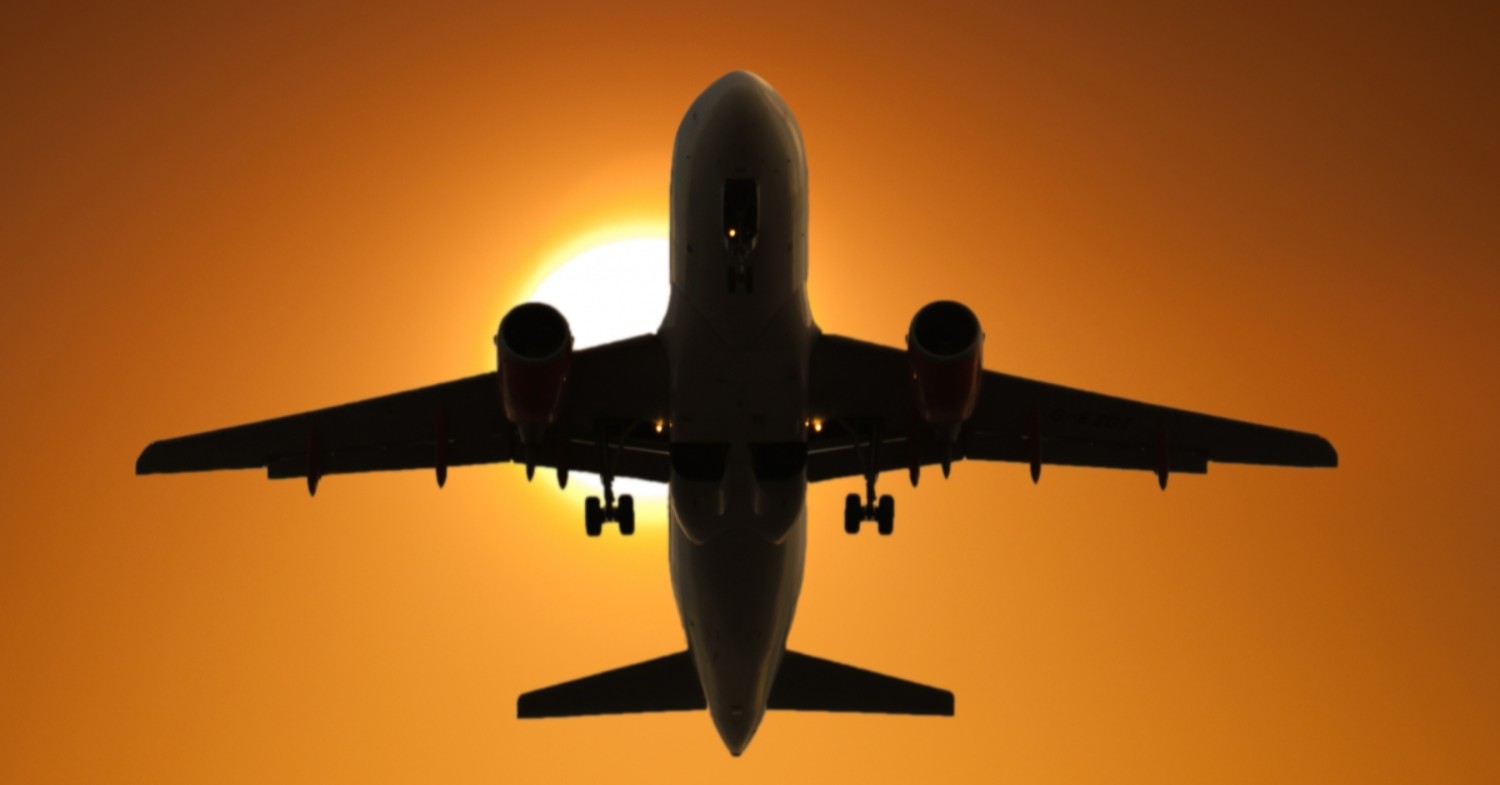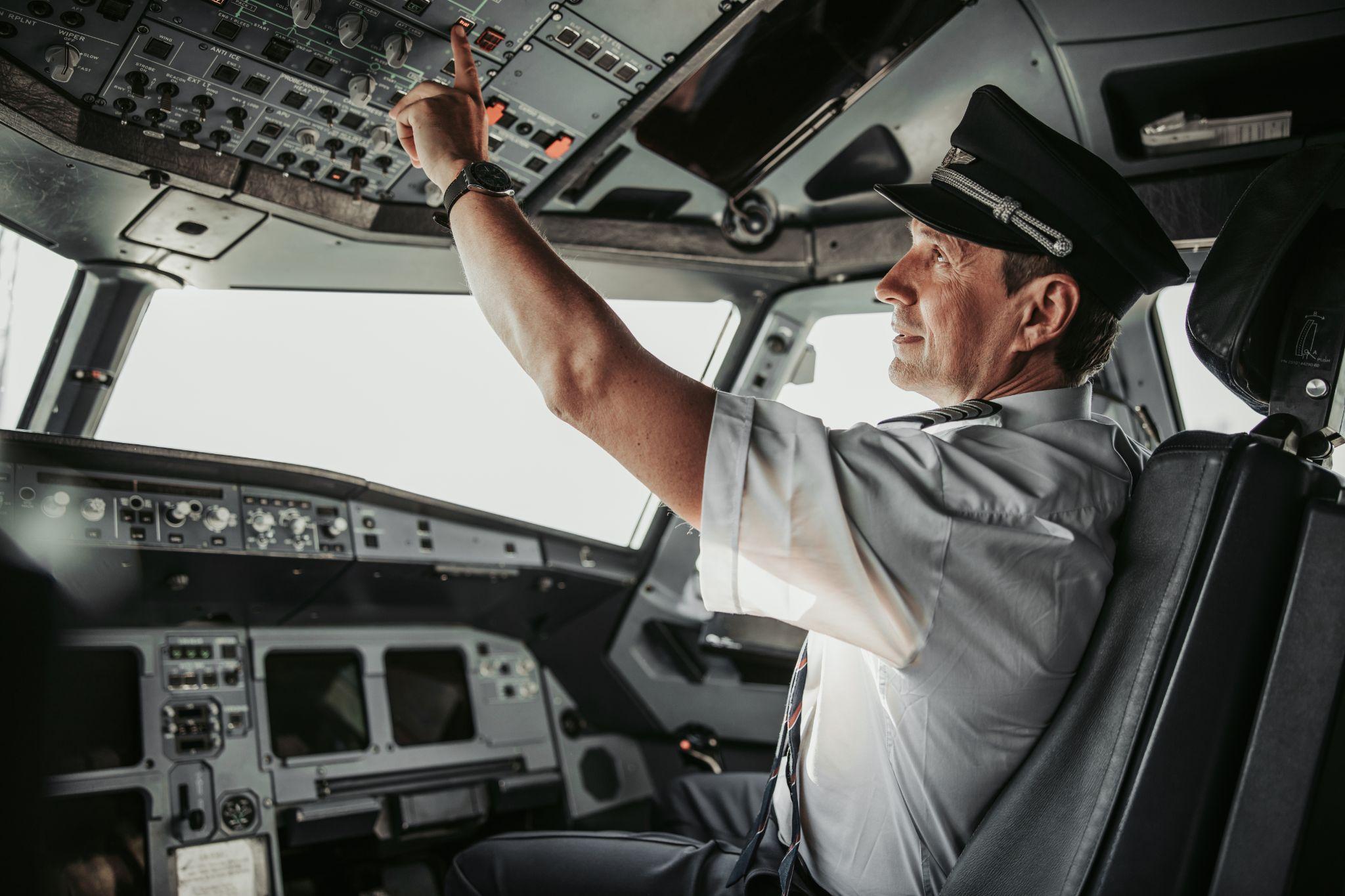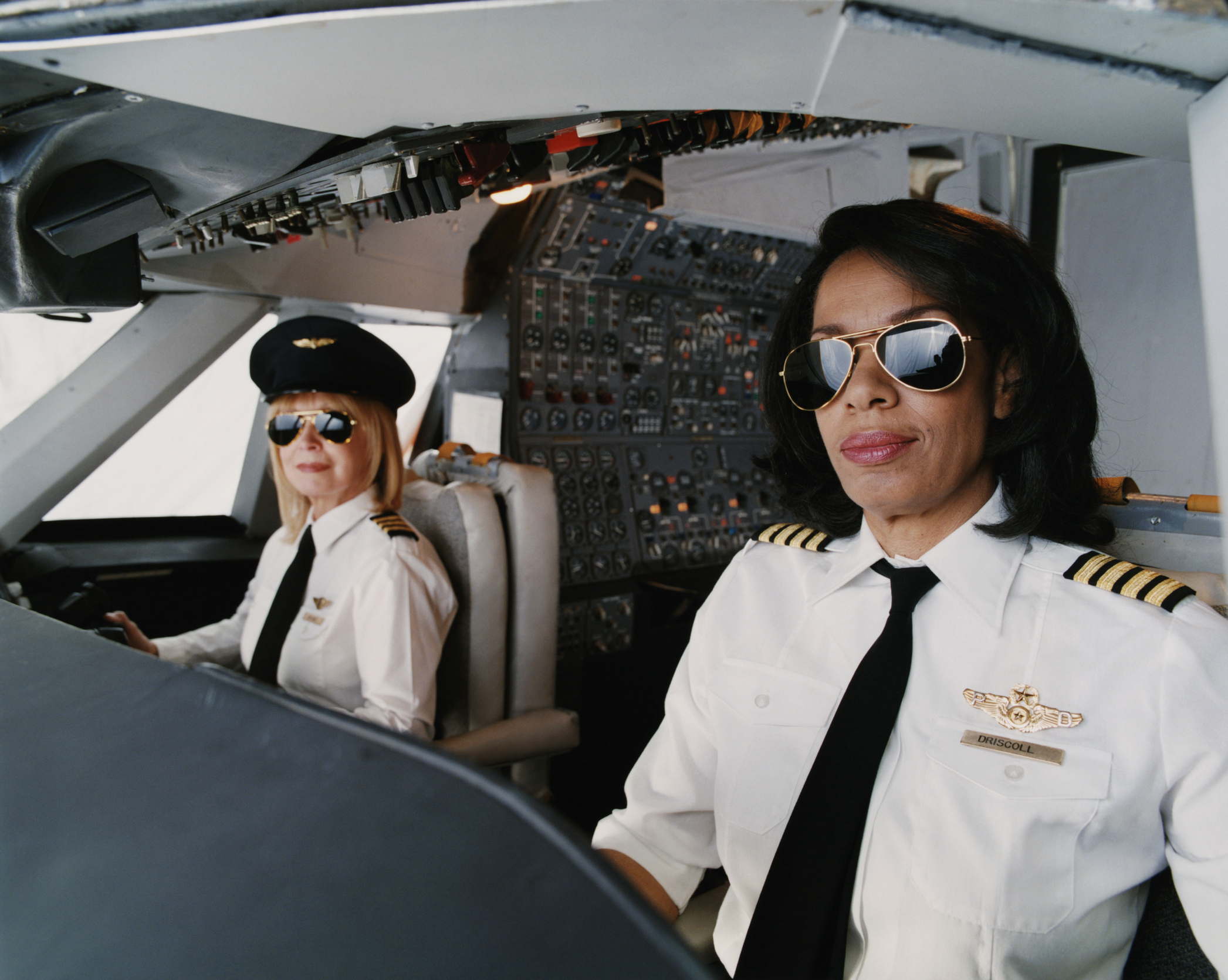What Medical Conditions Disqualify You From Being A Pilot?
Flying airplanes requires pilots to be healthy. Just like how you need to be fit for certain activities like sports, pilots need to be in good shape to fly safely. In this article, we'll talk about what medical conditions disqualify you from being a pilot, why these health issues matter and how they are checked.
Author:Karan EmeryReviewer:James PierceFeb 21, 20243.6K Shares103.3K Views

Flying airplanes requires pilots to be healthy. Just like how you need to be fit for certain activities like sports, pilots need to be in good shape to fly safely. In this article, we'll talk about what medical conditions disqualify you from being a pilot, why these health issues matter and how they are checked.
It's important for anyone interested in flying to understand these rules to make sure everyone stays safe in the sky. We'll also talk about the importance of health in aviation.
Importance Of Health In Aviation
Since pilot health directly affects flight safety and everyone on board, the significance of health in aviation cannot be stressed. The importance of health in aviation is highlighted by the following main points:
- Safety first -Pilots play a crucial role in ensuring the safety of air travel. Any compromise in their physical or mental health could affect their ability to make sound decisions and respond effectively to challenging situations during a flight.
- Precision and alertness -Flying an aircraft requires precision and constant attention. Good health is essential for maintaining alertness, focus, and quick reaction times, all of which are critical for safe takeoffs, landings, and maneuvers in the air.
- Medical certification requirements -Regulatory bodies, such as the Federal Aviation Administration (FAA) in the United States, set strict medical certification standards for pilots. These standards are in place to ensure that pilots are physically and mentally fit to operate an aircraft.
- Preventing in-flight emergencies -Health issues, such as sudden incapacitation due to a medical condition, can lead to in-flight emergencies. Regular health assessments help identify and address potential risks, reducing the likelihood of such emergencies.
- Long-term fitness for duty -Aviation careers often span many years. Regular health check-ups help monitor a pilot's long-term fitness for duty, ensuring they can continue to meet the physical and mental demands of their profession over time.
- Passenger confidence -Passengers place their trust in pilots to transport them safely to their destinations. Knowing that pilots undergo rigorous health evaluations instills confidence in passengers and contributes to a positive perception of air travel.
- Adherence to regulations -Pilots must adhere to strict aviation regulations, and maintaining good health is a fundamental requirement. Failure to meet health standards can result in the suspension or revocation of a pilot's license.
- Stress management -The aviation industry can be demanding, with pilots often facing high-stress situations. Good physical and mental health helps pilots manage stress effectively, promoting overall well-being and enhancing their ability to handle challenging circumstances.
Medical Requirements For Pilots
Pilots need to be healthy to fly safely. They have to pass a medical examination to make sure they are physically and mentally fit for the job. Here are some key things about the medical requirements for pilots:
- FAA medical examination - In the United States, the Federal Aviation Administration (FAA) sets the medical standards. Pilots get a detailed check-up from an FAA-authorized medical examiner to assess their overall health.
- Vision standards - Pilots must see well to read instruments and charts. If they need glasses, there are limits to how much correction is allowed.
- Color vision requirements - Pilots need to see colors for lights and signals. They must have satisfactory color vision, but some color deficiencies are okay.
- Cardiovascular conditions - Pilots need a healthy heart. Conditions like high blood pressure are closely watched, and there are specific limits.
- Neurological disorders - Pilots are checked for conditions that might affect their control of the aircraft, like epilepsy or recent seizures.
- Psychiatric and mental health conditions - Mental health is important. Pilots are evaluated for conditions like depression and anxiety, which can impact their decision-making.
- Respiratory and pulmonary issues - Pilots need good lung function. Conditions like asthma and COPD are checked, and there may be restrictions.
- Endocrine and metabolic disorders - Conditions like diabetes are monitored to make sure pilots can manage their health during flights.
- Musculoskeletal limitations - Pilots need to be physically fit to handle the aircraft. Joint and orthopedic issues are considered during the check-up.
Meeting these medical requirements is crucial for those who want to become pilots or already hold a certificate. Regular health check-ups and following these standards help keep the aviation industry safe and professional.
Medical Conditions For Disqualification
- Hearing loss - Pilots need to have adequate hearing to communicate with air traffic control and other crew members. Significant hearing loss may be a disqualifying factor.
- Gastrointestinal disorders - Severe digestive issues or disorders that could lead to unpredictable health problems during a flight might disqualify someone from being a pilot.
- Kidney disorders - Serious kidney problems may pose a risk during long flights, especially if they require regular medical attention or if there's a risk of sudden complications.
- Immunodeficiency conditions - Conditions that weaken the immune system may make individuals more susceptible to illnesses, which can be a concern, especially during long flights with limited medical facilities.
- Infectious diseases - Certain contagious diseases might temporarily disqualify someone from flying, as they could pose a risk to the pilot or others on board.
- Sleep disorders - Conditions like severe sleep apnea or other sleep disorders that can impact a pilot's ability to stay alert during flight hours may be considered disqualifying.
- History of substance abuse - A documented history of substance abuse or addiction may disqualify someone from becoming a pilot due to concerns about impaired judgment and decision-making.
- Psychotropic medications - Some medications used to treat mental health conditions may have side effects that impact cognitive function or alertness, potentially posing safety concerns.
- Pregnancy - Pregnant individuals may face restrictions during certain stages of pregnancy due to the physical demands and potential risks associated with flying.
- Severe allergies - Severe allergies that could cause sudden and severe reactions may be a concern, especially if exposure to allergens is unpredictable during flights.
- Infectious diseases - Certain contagious diseases might temporarily disqualify someone from flying, as they could pose a risk to the pilot or others on board.
- Vision issues - Pilots can't have really bad eyesight that can't be fixed with glasses. If someone can't see well or has trouble seeing colors, it might disqualify them.
- Cardiovascular conditions - Pilots can't have serious heart problems or very high blood pressure. If someone had a recent heart attack or certain heart surgeries, they might not be allowed to fly.
- Neurological disorders - People with epilepsy or a history of seizures might not be allowed to become pilots. Certain conditions affecting the brain might also be a problem.
- Psychiatric and mental health conditions - If someone has severe mental health issues like extreme bipolar disorder or psychosis, or if they have problems with substance abuse, they might not be allowed to fly.
- Respiratory and pulmonary issues - Pilots can't have serious lung problems like severe asthma or chronic obstructive pulmonary disease (COPD). If someone can't breathe well, it could be a disqualification.
- Endocrine and metabolic disorders - If someone has really poorly controlled diabetes or other hormonal imbalances, it might not be safe for them to fly.
- Musculoskeletal limitations - Pilots need to be physically fit. If someone has severe issues with their muscles or joints that make it hard to move or control the plane, it might disqualify them.
What Medical Conditions Disqualify You From Being A Pilot - FAQ
What Medications Disqualify You From Being A Pilot?
The use of a psychotropic drug is disqualifying for aeromedical certification purposes. This includes all sedatives, tranquilizers, antipsychotic drugs, antidepressant drugs (including SSRI's - see exceptions), analeptics, anxiolytics, and hallucinogens.
Can Pilots Take Blood Pressure Medicine?
Yes, the majority of common blood pressure medications can be approved for flight. If the airman's blood pressure is controlled with 3 or fewer medications and there are no adverse medication side effects, the AME can often issue an unrestricted medical certificate (if otherwise qualified).
What Happens If A Pilot Has High Blood Pressure?
The FAA's upper limit for blood pressure previously varied depending on a pilot's age and class of certificate. The standards now allow certification for pressures up to 155/95 without an evaluation. Pilots with blood pressures above this level may still be certified after a cardiovascular evaluation (CVE).
Conclusion
Understanding what medical conditions disqualify you from being a pilot is crucial for aspiring aviators. Things like eyesight, heart health, and mental well-being are carefully checked during medical exams, which has been properly discussed in this article what medical conditions disqualify you from being a pilot. However, it's not the end of the road for everyone.
Some people with certain health conditions can still become pilots if they work with their doctors and meet safety standards. The aviation industry wants to keep everyone safe in the skies, and understanding these health rules helps make sure pilots can do their job well while keeping everyone on board secure.

Karan Emery
Author

James Pierce
Reviewer
Latest Articles
Popular Articles

